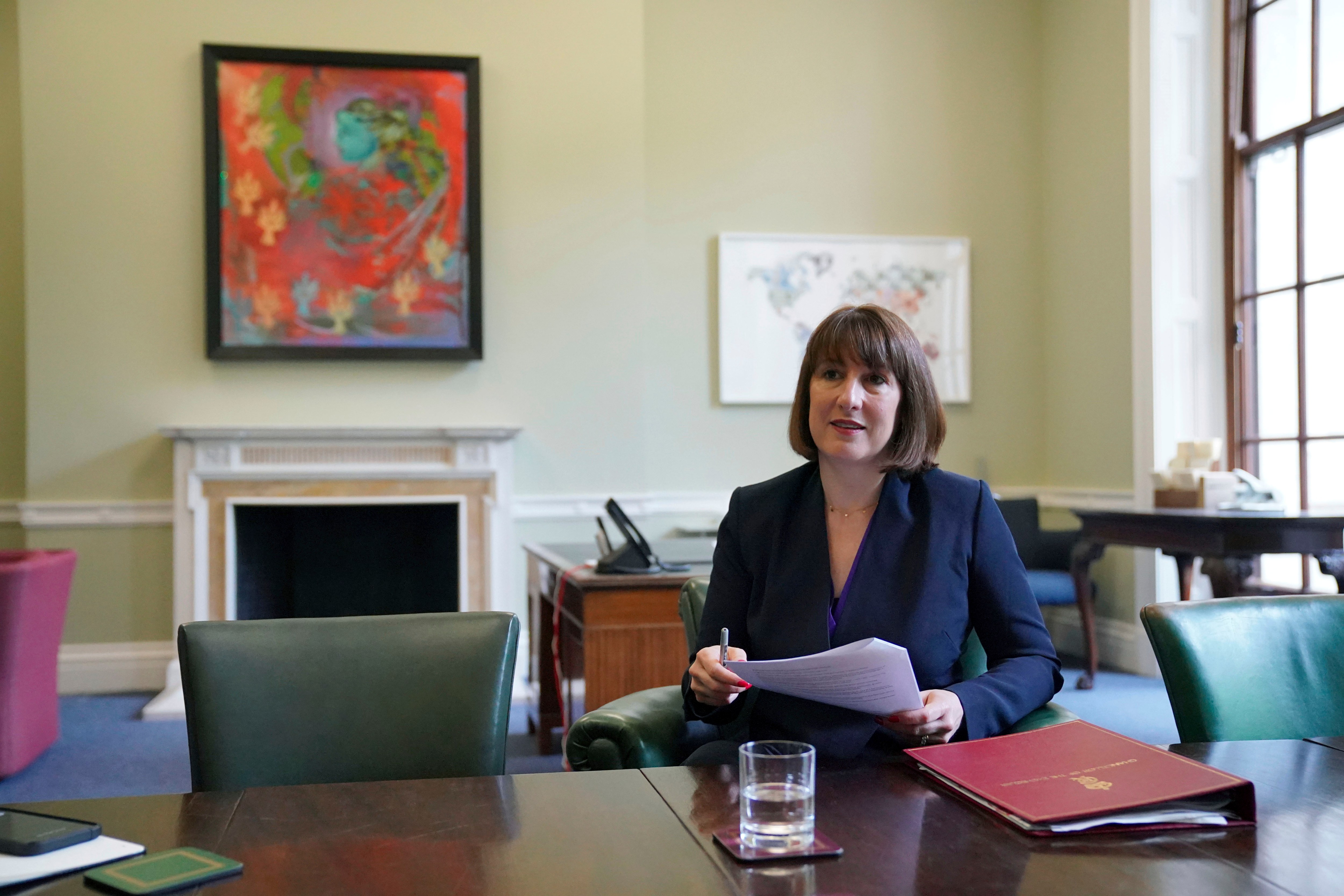Over Four Million Pensioners Risk Fuel Poverty as Winter Payments Cut
Over four million pensioners could face serious fuel poverty risks following the elimination of winter fuel payments for nearly ten million individuals.
The winter fuel payments, which can reach up to £300, will now be restricted to those receiving pension credit or other means-tested assistance this winter.
The End Fuel Poverty Coalition warns that many pensioners may fall into fuel poverty, defined as spending at least 10 percent of their income (after housing costs) on energy bills or being compelled to reduce energy usage to dangerous levels, such as only heating a single room or reducing the number of hot meals.
Simon Francis from the coalition cautioned, “Ministers need to reverse their decision to eliminate winter fuel payments for millions; otherwise, pensioners will be forced to endure life in cold, damp, moldy homes, which severely impacts their health and exacerbates existing medical conditions.”

Understanding Winter Fuel Payments
The winter fuel payment is a tax-free amount provided in November or December to individuals over state pension age to assist with heating expenses during winter. The payment varies between £200 and £300, depending on one’s residing situation.
Chancellor Rachel Reeves announced in July that this winter, only individuals claiming pension credit or other benefits would receive the payment. As a result, estimates predict that recipients will plummet from 11.4 million to 1.5 million, saving the Treasury approximately £1.5 billion annually.
This modification is part of broader budget cuts aimed at addressing a £22 billion gap in public finances.
Advocates indicate that many pensioners will face difficulties in paying their energy bills, which will increase by an average of £149 per year starting October 1, following an adjustment in price caps by regulator Ofgem. Another hike in prices is anticipated in January.
“There’s hardly any time for concerned elderly individuals to set aside extra funds,” remarked Caroline Abrahams from Age UK. “The pressing timeline, along with the absence of protective measures for those at the highest risk, signals a looming disaster for countless older adults. The government needs to reconsider its plans.”

Worries About the Coming Winter
Pritpal Kaur, 73, expressed concerns about her energy costs following the loss of winter fuel payments eligibility for both her and her husband, Rajinder Singh, 76, who live near Hayes, west London.
Last winter, they received a £200 payment that offered some relief against their energy bills, which rose to about £350 monthly. However, without qualifying benefits this year, they will not receive assistance.
Kaur, who is undergoing treatment for myeloma, a rare blood cancer, emphasized the need for heating throughout the year. “I dread making it through the winter, and I worry about our energy costs,” she conveyed. “Financially, we will find this winter challenging. It feels very unfair to lose this support.”
Both Kaur and Singh have begun planning budget cuts, stating, “We’ll have to reduce our food expenses. I had to scrap my car last year, and we were saving for a new one, but that is no longer possible.”
James Sanderson from the charity Sue Ryder urged that individuals living with terminal illnesses should automatically qualify for winter fuel payments.
Eligibility Criteria for Winter Fuel Payments
To qualify for winter fuel payments this year, individuals must have been born before September 23, 1958, and must be receiving a means-tested benefit such as pension credit, universal credit, income-related employment and support allowance, income-based jobseeker’s allowance, or income support.
Eligible individuals will typically receive payments automatically in November or December, although those on universal credit may need to submit a claim.
Experts have raised alarm over the potential for many pensioners to miss out on winter fuel payments simply because they are unaware of their eligibility for pension credit. Last year, about 1.37 million people claimed it, yet estimates suggest that approximately 880,000 individuals entitled to it in 2022 did not claim.
Pension credit averages around £75 per week, totaling roughly £3,900 annually. Individuals can generally apply if they have an income below £218.15 weekly if single, or below £332.95 combined for couples, allowing for a topping up of income to those thresholds.
“There is really no justification for the shockingly low uptake of pension credit, especially as many older people struggle with their living costs,” commented Deven Ghelani from Policy in Practice, an organization that seeks to enhance the welfare system through technology. “The secretary of state should focus on simplifying the benefits system and offer proactive support.”
A government spokesperson stated, “Given the challenging state of the inherited public finances, it is essential that we direct support to those who need it most while making the tough choices necessary to rebuild our economy. We encourage pensioners to verify their eligibility for pension credit to ensure that as many people in need can access this assistance.”
Pension credit claims can be submitted through the gov.uk website or by calling 0800 99 1234. Applications can be made up to four months before reaching state pension age.




Post Comment